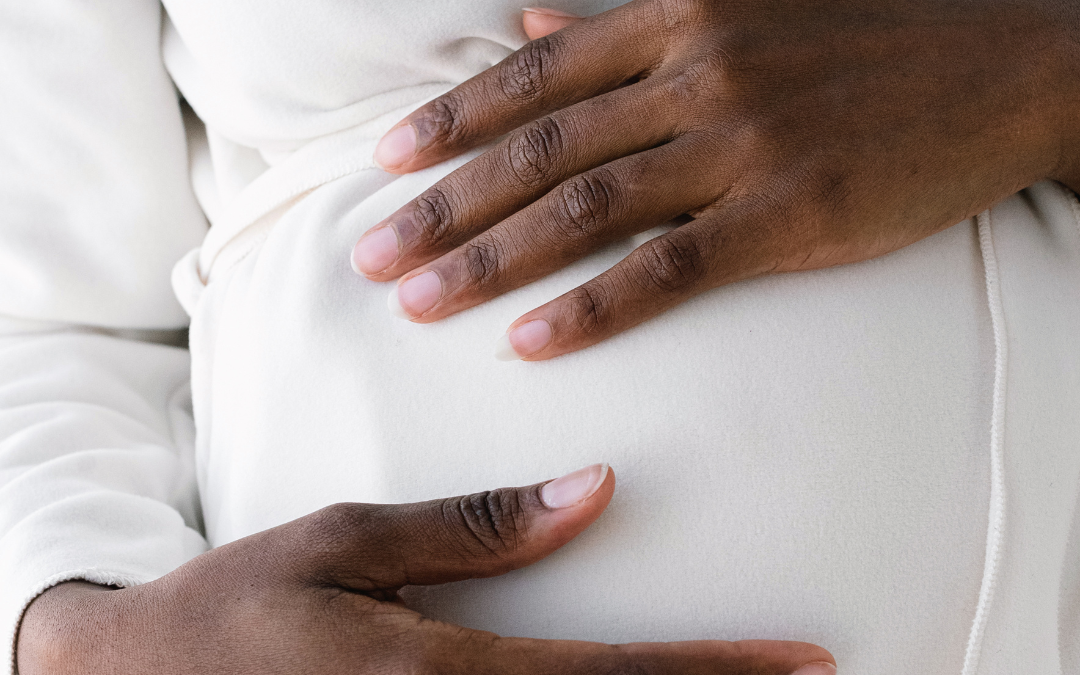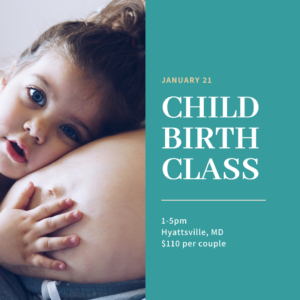We often hear a statistic that women aged 35-40 will spend a year+ before conceiving and will often fail. But that data on what medical professionals call “advanced maternal age” is from a French study in the 1700s.
What’s more relevant than 300 year old statistics is the fact that everyone’s body and fertility is different. Early menopause runs in some families, but certainly not all and the age of first child in the US is now 30. For Black mothers specifically, the average age of first pregnancy is 28. This isn’t considered a “geriatric pregnancy”, since advanced maternal age begins at 35, but it is proof that people are waiting longer to start their families.
And it seems like women’s bodies are truly giving us more time. The average number of reproductive years has increased from 35 years to 37.1 years, as girls in the US begin their periods sooner and start menopause later. The decline in fertility is slower than w’re often led to believe. According to the Centers for Disease Control and Prevention, the number of women between the ages of 35 and 39 who had their first babies has increased in all race groups. The rates of women having their first babies even in their 40s have actually doubled.
This is not to imply that there are no concerns at all for older women and birthing people who have children.
A recent study of pregnant women over 40 found that (as medical guidance has always suggested) there are higher rates of pre-clampsia, gestational diabetes, hypertension and cesarean in older pregnancies. This isn’t surprising, because anyone is more likely to have blood pressure and blood sugar issues at 40 than at 25. But as a doula, I have a lot of hope- the study did not find that it was the majority of pregnancies.
When it comes to the babies of older mothers, there is a higher potential for low birth weight and down syndrome. There are also increased possibilities of stillbirth. It is not the majority of these pregnancies, but there are concerns.
For me though, giving birth in your late 30s feels fairly common at this point. And at DC Metro Maternity we often have labor clients in their 40s. I’ve attended a birth of a woman in her 40s who was able to have a low risk pregnancy, and give birth in a tub at a birth center. We have had several clients have VBACs (vaginal births after cesareans) in their late thirties and early forties. Our oldest client who was a first time mom (so far) was 49! I believe that we have time if we want to wait to start families.
And even when there are complications- parents who’ve had medical concerns, or babies who’ve spent time in the NICU, I know that these clients love and wanted their babies. They do not regret their pregnancies. Moms and disability advocates alike would remind us that even a baby with Down’s syndrome, or a premature birth, is a beautiful life. Especially in a family that desired and has the ability to raise that child.
I think another reason I feel so hopeful about this (besides the fact that I need to, as a woman who’s reached 35 without her own children), is because of the reasons why many people wait:
Parents over 35 are being intentional about when they conceive. With “advanced maternal age” comes some good things.
By waiting:
- Older moms may feel more emotionally ready.
- Couples may be in more stable partnerships.
- Many people have reached a point in their career or an income where they feel that they can better provide financially, especially in an area with a high cost of living, like the DMV.
- They may feel like they’re fulfilled and finally *ready* to have a baby.
Of course everyone says (and they’re correct) that you will never be 100% ready. But we have to trust ourselves. If you know that it’s not your time, and will be when you’re 36, I believe you. It is ok to want to have some control over how your life unfolds, and I think we are well past time to stop shaming women for making choices like this. (I also think it’s time to retire the phrase “geriatric pregnancy.)
This is personal to me, as someone who turned 35 this year, and has been in birth work for nearly a decade without children of my own. I know that 35 year old me is healthier mentally and emotionally. I’m in a partnership that feels happy, loving and secure and where we both want a family. That wasn’t true 10 years ago.
I do know that it’s wise to prepare myself and be aware of what my reproductive health status actually is, and I encourage others to do the same. I plan to:
- Keep an eye on my nutrition and exercise to reduce my chances of hypertension and diabetes
- Get a workup from a reproductive endocrinologist, especially since I’ve been diagnosed with PCOS
- Stay on top of my mental health with my therapist to help with my adjustment during pregnancy and postpartum
So what can you do if you’re trying to conceive after 35?
- For conception, get your reproductive health evaluated, but either a reproductive endocrinologist, functional medicine doctor or Traditional Chinese Medicine doctor. If you’re partnered, include your partner in this workup. While we often focus on women’s fertility in heterosexual relationships, all sperm isn’t created equal.
- Stay active, eat well and rest. Regardless of BMI, health behaviors often matter more, and they’re available to us at any size.
- Taking a prenatal vitamin with folic acid before conception, if possible.
- avoiding any substances, including drugs, smoking, and alcohol
- Learn about prenatal testing for chromosomal abnormalities. Ask your doctor about prenatal cell-free DNA (cfDNA) screening, a method to screen for certain chromosomal abnormalities in a developing baby
- Find a provider you trust, who will discuss their recommendations with you
- During pregnancy, seek regular prenatal care.
- Have conversations about any risk factors for you or the baby. Make the conversations specific, and find out what actions you can take to reduce those risks. You can even learn about genetic testing to ensure that you’re doing the best you can for your baby.
Being in your mid-thirties and beyond does not need to stop you from beginning or growing your family. Regardless of advanced maternal age, you will be exactly the mother that your baby needs.


